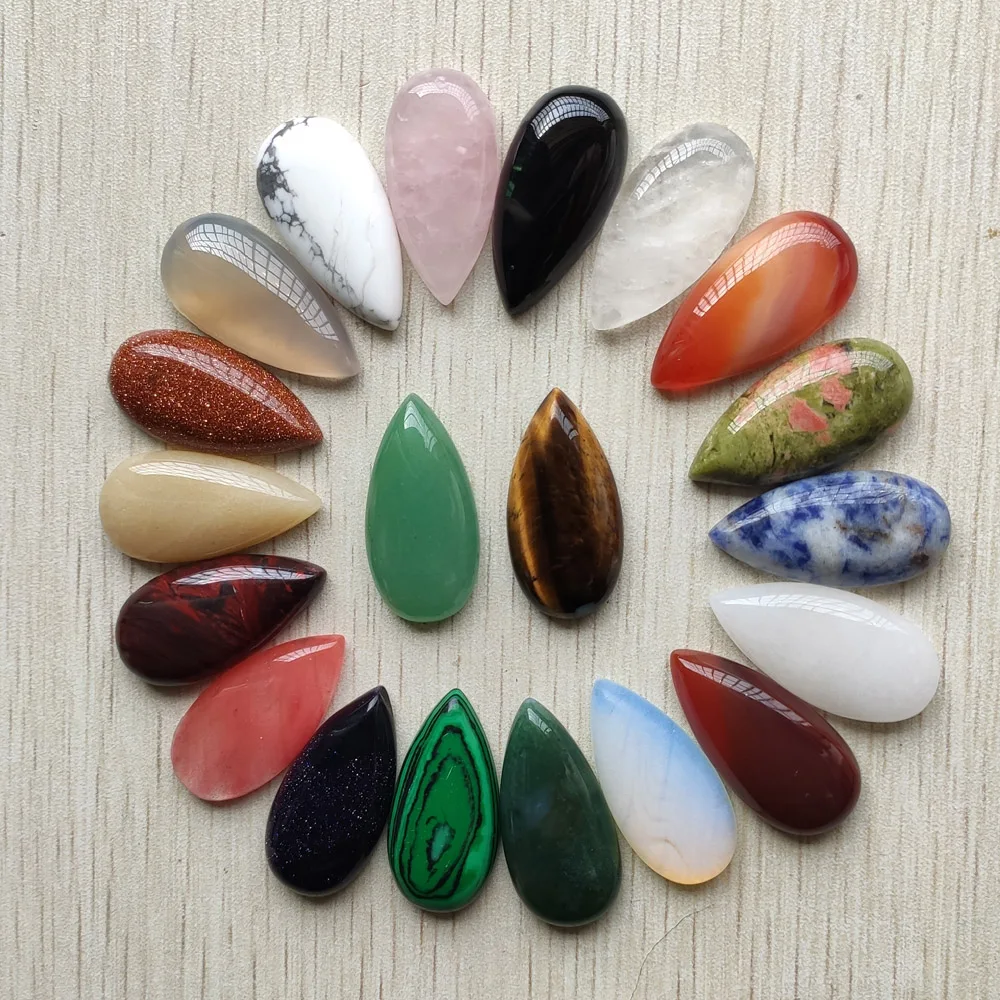African Australians: Thriving Communities and Cultural Richness
AustraliaS multicultural landscape is enriched by the vibrant presence of African Australians, a diverse group hailing from numerous nations across the African continent. Their unique stories, traditions, and contributions have woven a rich tapestry into the fabric of Australian society. This article explores the thriving communities, cultural richness, and ongoing journey of African Australians.
A Tapestry of Cultures
Table of Contents
From Ethiopia to South africa,Nigeria to Kenya,the African diaspora in Australia represents a remarkable spectrum of cultures,languages,and traditions. This diversity is a source of strength, fostering a dynamic exchange of ideas, artistic expression, and culinary experiences.
- Language: While English serves as a common language, numerous African languages are spoken within communities, preserving cultural heritage and fostering a sense of belonging.
- Food: African cuisine in Australia is a delightful fusion of traditional recipes and local ingredients. From spicy Ethiopian stews to flavorful West African jollof rice,the culinary scene offers a tantalizing journey for the taste buds.
- Music and Dance: The rhythmic beats and vibrant movements of African music and dance infuse energy into cultural events and celebrations. these art forms are a powerful expression of identity and community spirit.
Contributions to Australian Society
African Australians have made significant contributions to various sectors of Australian society, enriching the nation’s cultural, economic, and social landscape.
| Sector | Contribution |
|---|---|
| Healthcare | Skilled professionals providing essential medical services. |
| Education | Educators and academics shaping future generations. |
| Business | Entrepreneurs and innovators driving economic growth. |
| Arts and Culture | Artists,musicians,and writers enriching the cultural landscape. |
challenges and Opportunities
Despite their contributions, African Australians face unique challenges, including:
- Racism and Discrimination: Addressing systemic racism and promoting inclusivity are critical for creating a truly equitable society.
- Representation in Media: accurate and positive representation in media is crucial for challenging stereotypes and fostering understanding.
- Economic Empowerment: Supporting African-owned businesses and providing access to resources can promote economic independence and prosperity.
Bridging Cultures: Building a More Inclusive Future
Building bridges between cultures requires ongoing dialog, understanding, and a commitment to inclusivity. Here are some practical steps:
- Support African-led organizations: These organizations play a vital role in empowering communities and advocating for their needs.
- Engage with African art and culture: Attend cultural events, festivals, and exhibitions to experience the richness and diversity firsthand.
- Educate yourself about African history and contemporary issues: Knowledge is a powerful tool for fostering empathy and dismantling stereotypes.
Case Study: The Success of AfroHub
AfroHub, a community association in Melbourne, provides a platform for African Australian entrepreneurs to showcase their talents and connect with potential customers. Their success demonstrates the power of community-led initiatives in fostering economic empowerment and cultural exchange.
First-Hand Experience: A Story of Resilience
[Insert a short anecdote or story from an African Australian individual,highlighting their experiences,challenges,and triumphs in Australia. This adds a personal touch to the article and allows readers to connect on an emotional level.]
Conclusion: A Vibrant Future
The story of African Australians is one of resilience, adaptation, and vibrant cultural expression. By acknowledging the challenges and celebrating the contributions of this diverse community, Australia can build a more inclusive and enriching future for all. As we move forward, let us embrace the richness that African Australians bring to the nation and work together towards a society where every voice is heard and valued.



Comments (10)
Comments are closed.